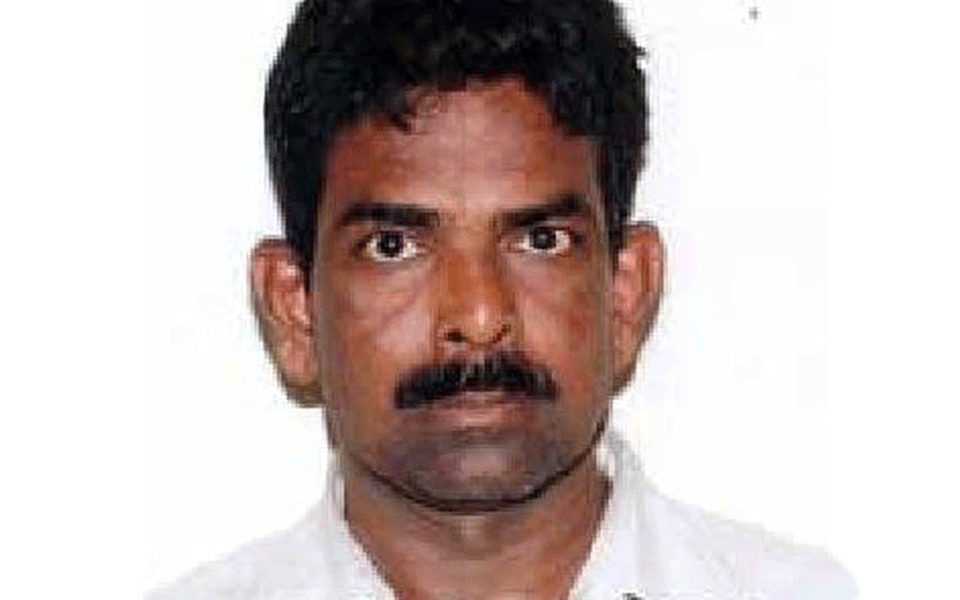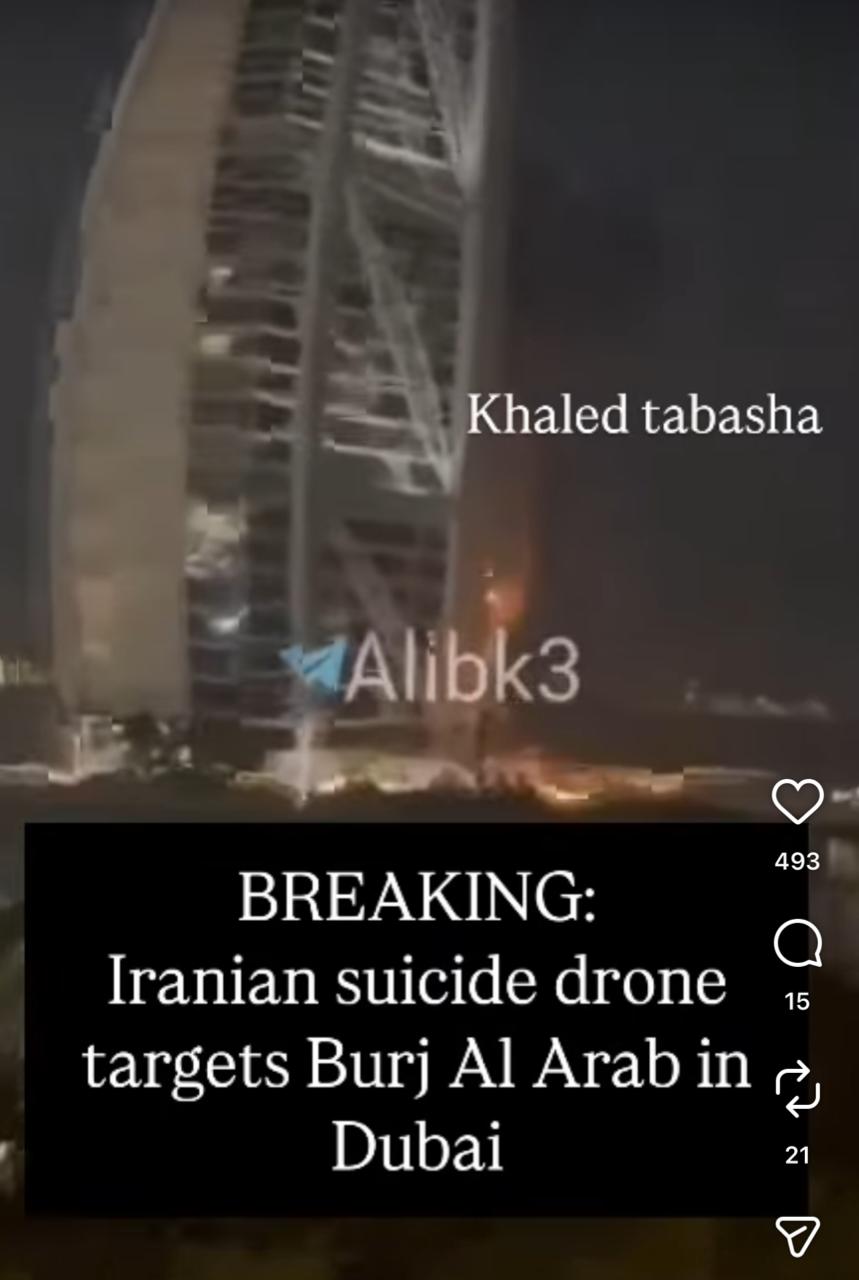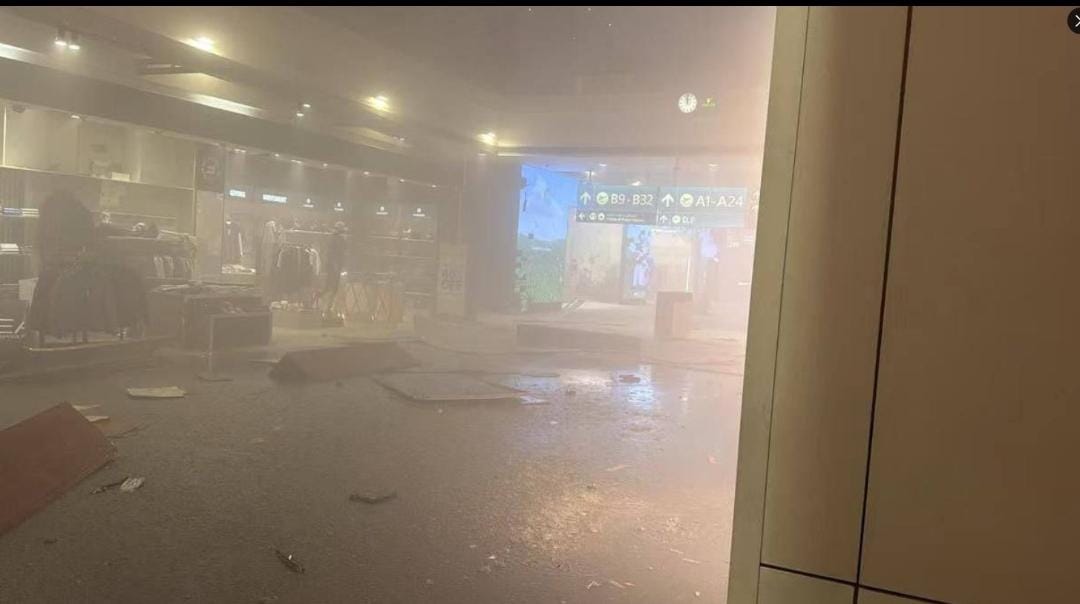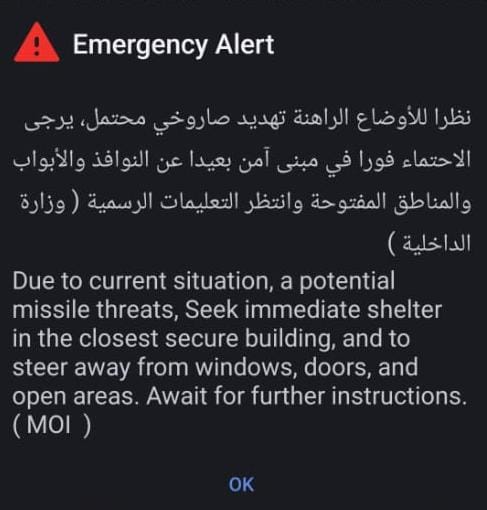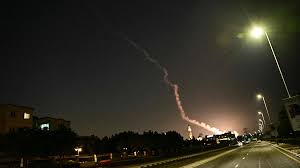Mangaluru, Feb 23: The 6th additional district principal and sessions court on Saturday convicted serial killer Cyanide Mohan for life imprisonment untill death.
Date Of conviction
Under IPC Section 366, he has to undergo six years of imprisonment and pay Rs 3,000 penalty and if he failed to pay the penalty, he has to undergo further one month imprisonment. Under IPC Section 302, he was convicted for life imprisonment, under Section 376, seven years rigorous imprisonment and Rs 3,000 penalty, and if failed to pay the penalty, he has to serve one more month conviction. Under section 328, seven years imprisonment and Rs 3,000 penalty, under section 201, five years rigorous imprisonment and Rs 3,000 penalty, under section 392, five years rigorous imprisonment and Rs 3,000 penalty and under section 417 he has to undergo six months imprisonment. The court also said that the family members of the victim are eligible to get the compensation from the legal authority.
About incident
Mohan met a 25 year old lady of Mani gram Panchayat at Wenlock hospital saying that his name was Sadananda Nayak. Later, he proposed her to marry him and asked her to come to Puttur bus stand on January 2, 2008 wearing gold ornaments. When she came, they went to Madikeri and got a room at a lodge in the name of Ananda Nayak. In spite her opposition, he raped her on that night.
Plan for murder
Asking her to keep all her jewelry and money at room to go out, he took her to Madikeri bus stand and later, he forced her to take contraceptive pills in the form of cyanide. She went to a washroom at the bus stand and took the cyanide and collapsed there itself. Later, Mohan went to lodge and escaped after taking all gold ornaments and cash of her. Though she was taken to the hospital, she was declared brought dead. The case was handed over to COD which filed charge sheet to the court.
Judge DT Puttaranga Swamy heard the evidences of 40 people, verified 64 documents and considered 38 evidences before awarding the verdict. Now, the convicted could not go on parole. Public prosecutor Judith M Crasta argued against the convicted.
Let the Truth be known. If you read VB and like VB, please be a VB Supporter and Help us deliver the Truth to one and all.
Dubai: Unverified reports circulating on social media claim that the Burj Al Arab has been hit by an Iranian missile, with videos showing part of the building engulfed in flames.
The footage, which has not been independently verified, appears to show fire and smoke rising from a section of the hotel.
However, there has been no official confirmation from UAE authorities regarding any strike on the Burj Al Arab.
No details are available at this stage about possible damage or casualties. Authorities are yet to issue a formal statement on the reported incident.
View this post on Instagram

